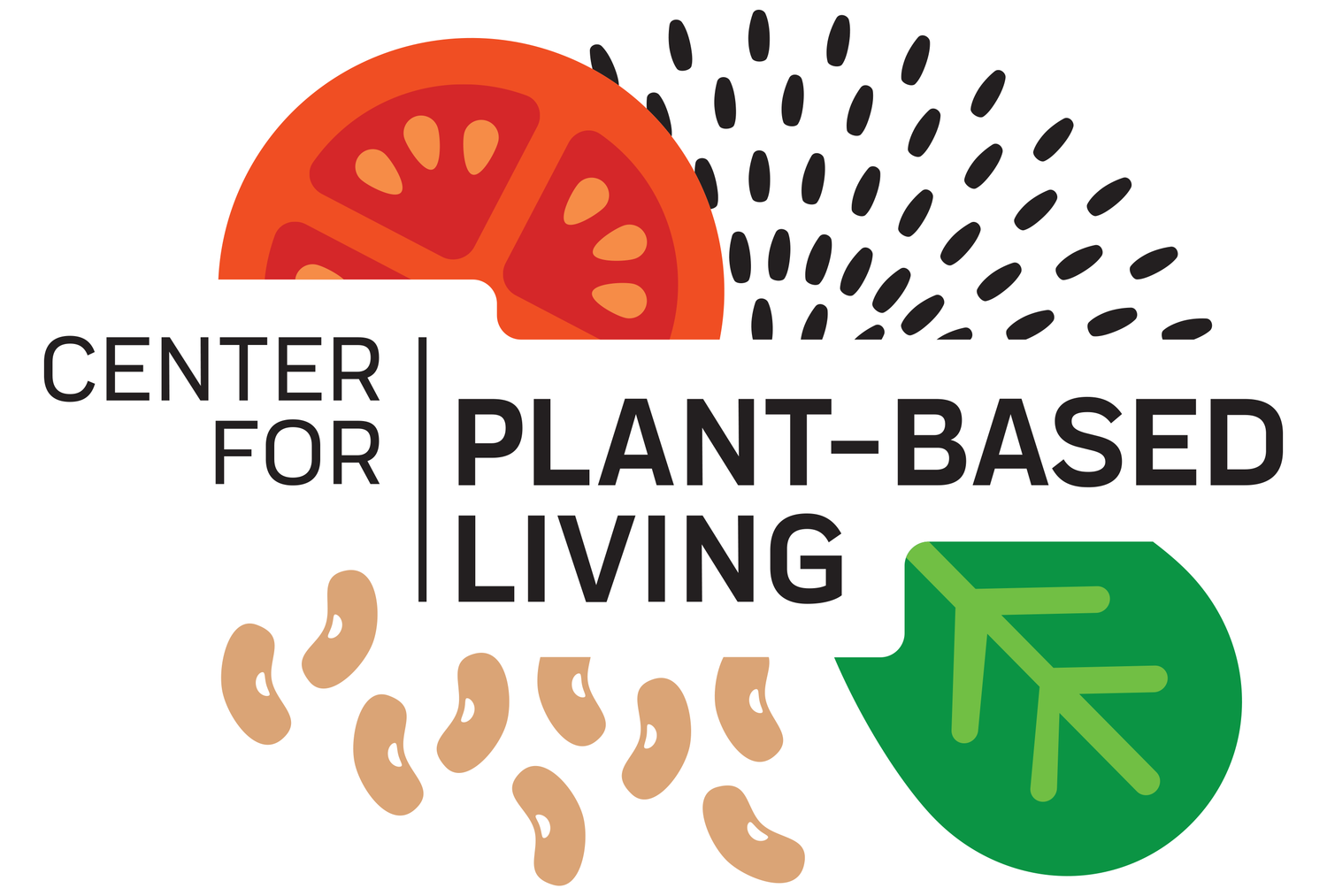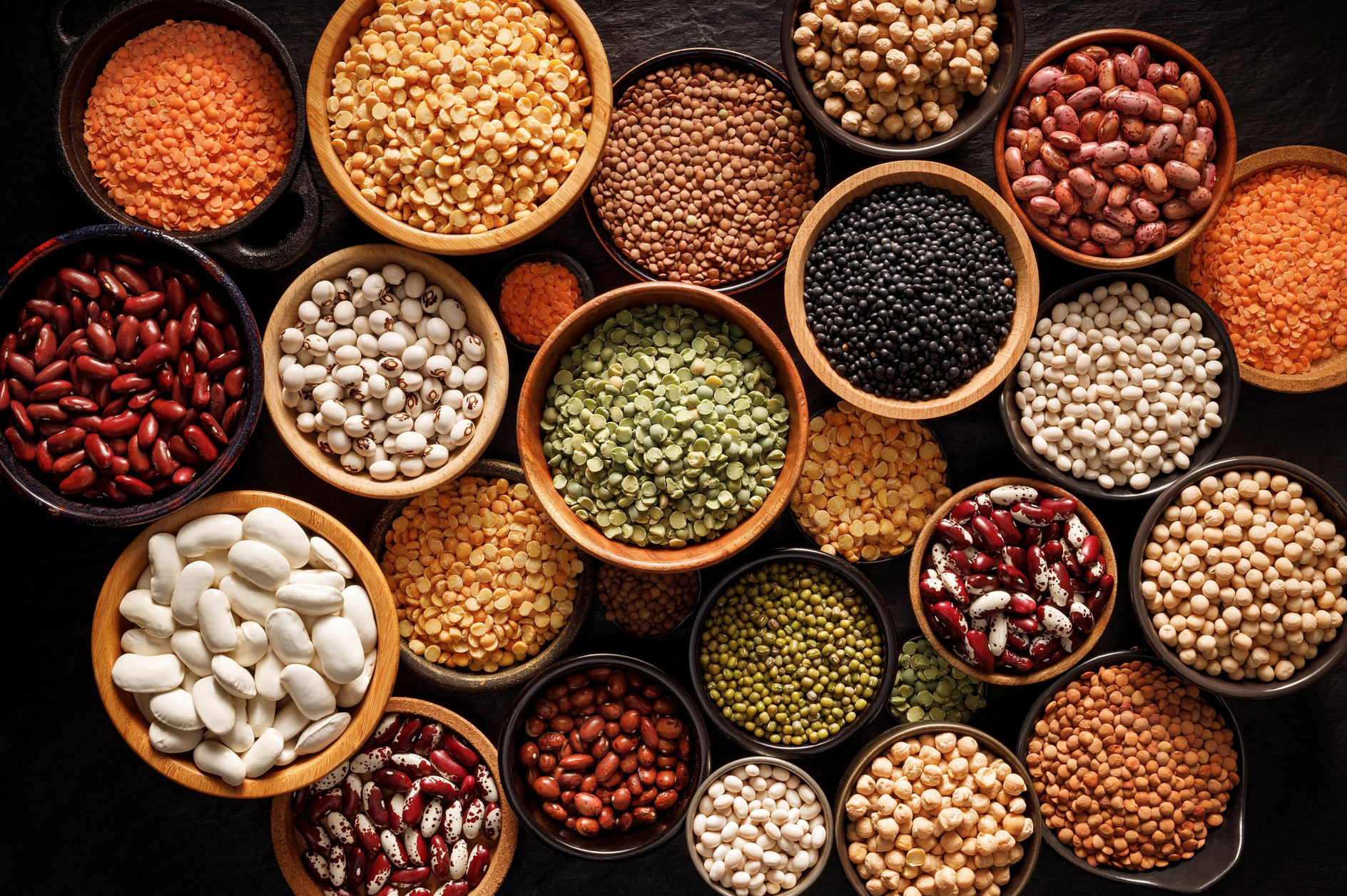THE DOC AND CHEF SHOW EP. 17: ANTI-NUTRIENTS ARE NOT THE ANTI-HERO!! // SUPPORTING SCIENCE AND THE RECIPE
WHAT ARE ANTINUTRIENTS?
Antinutrients are compounds found in foods, particularly in plant-based foods, that can interfere with the absorption of nutrients and digestion. While the term might sound negative, these compounds aren't necessarily harmful and can even have health benefits in some contexts.[1] These compounds include:
Lectins, which are a type of protein found in many plants, especially in seeds, legumes (like beans, lentils, and peanuts), and whole grains. They serve various functions in plants, acting as a natural defense mechanism. In the human diet, they are known for their unique ability to bind to carbohydrates, specifically to the sugars that make up the cell walls of many plants and animals.
Phytates, also known as phytic acid, which are a natural compound found primarily in the seeds of plants. This includes whole grains, nuts, legumes, and some tubers and roots. Phytates bind to minerals and store them to support seedling growth until the plant can produce its own through photosynthesis. Also, like lectins, phytates contribute to the defense mechanism of plants against pests and pathogens.
WHAT ARE THE HEALTH CONCERNS AROUND ANTINUTRIENTS?
The health concerns regarding lectins and phytates primarily revolve around their ability to reduce nutrient absorption and potentially cause digestive issues, especially when foods containing high amounts are consumed improperly prepared. Here's a closer look at each:
Lectins[2]
Nutrient Absorption: Lectins can bind to the intestinal lining and disrupt the absorption of nutrients, particularly carbohydrates. They can bind with other nutrients as well, making them less available to the body.
Gastrointestinal Distress: Lectins in raw or undercooked legumes can resist digestive enzymes, leading to gastrointestinal issues like bloating, gas, and diarrhea.
Leaky Gut Syndrome: Some research suggests that lectins might contribute to leaky gut syndrome by binding to the intestinal lining, causing damage and increasing intestinal permeability, which might lead to an immune response and inflammation.
Immune Response and Inflammation: Because they can bind to cells in the gut, lectins may trigger an immune response, leading to inflammation and allergic reactions in some individuals.
Phytates (Phytic Acid)
Mineral Deficiencies: Phytates can bind to dietary minerals such as iron, zinc, magnesium, and calcium, forming insoluble complexes that the body can't absorb. This can be particularly concerning in regions where diets are heavily reliant on phytic acid-rich foods like grains and legumes as primary mineral sources.
Impact on Protein and Starch Digestibility: Phytic acid can also inhibit enzymes that are necessary for the breakdown of proteins and starches in the stomach, which can reduce the digestibility of these nutrients.
Bone Health: Long-term consumption of diets high in phytates can lead to mineral deficiencies affecting bone health, potentially contributing to conditions like osteoporosis, especially if the diet is low in these minerals to begin with.
While phytates and lectins may have these potential adverse health effects, soaking, sprouting, fermenting, and cooking can reduce the levels of these compounds in foods while preserving or even enhancing their beneficial effects.[3]
ARE THERE HEALTH BENEFITS FROM CONSUMING LECTINS AND PHYTATES?
Phytates and lectins, often discussed in the context of their antinutrient effects, also have health benefits that are important to recognize. When consumed as part of a balanced diet, these compounds can contribute positively to health.
Health Benefits of Phytates (Phytic Acid)[4]
1. Antioxidant Properties: Phytates have antioxidant properties that help protect against oxidative stress and cell damage. This can contribute to reduced risk of chronic diseases such as cancer.
2. Cancer Prevention: Some studies suggest that phytates may help in preventing the growth of cancer cells. They are believed to enhance immune function and may have a role in cell differentiation and slowing down the proliferation of cancer cells.
3. Lowering Cholesterol: Phytic acid can bind to lipids and have a cholesterol-lowering effect, which can be beneficial for cardiovascular health.
4. Prevention of Kidney Stones: By binding to minerals like calcium, phytates can help reduce the formation of certain types of kidney stones, particularly those composed of calcium.
5. Regulation of Blood Sugar: There is some evidence to suggest that phytates can help in regulating blood sugar levels, which could be beneficial for individuals with diabetes or at risk of developing diabetes.
Health Benefits of Lectins[5]
1. Cellular Communication: Lectins play a role in cell-cell interaction, signaling, and immune response. They can bind to specific carbohydrate molecules on the surface of cells, facilitating communication and transport processes.
2. Immune Function: Lectins are known to have a role in recognizing and binding to foreign pathogens, thus aiding in the immune response. Some lectins can bind to harmful bacteria or viruses, potentially preventing them from attaching to or entering human cells.
3. Inducing Autophagy: Certain lectins have been found to induce autophagy, a process where cells clean out damaged components. This can be beneficial for cellular health and longevity.
4. Growth and Repair: In plants, lectins are involved in growth and repair, and when consumed in moderate amounts, they can promote beneficial gut bacteria and have a prebiotic effect.
SUMMARY
In summary, while lectins and phytates can pose health concerns, especially when foods containing them are consumed raw or in large amounts, the risks are generally manageable through proper food preparation and a balanced diet. For most individuals, the nutritional benefits of foods containing these antinutrients far outweigh the potential negative effects. However, individuals with specific health conditions or dietary restrictions may need to pay closer attention to these compounds and consult healthcare professionals regarding their diet.
[1] Nutrients. 2020 Sep 24;12(10):2929.
[2] Toxicon. 2004 Sep 15;44(4):385-403.
[3] .Food Prod Process and Nutr 2, 6 (2020)
[4] Front Chem. 2023 Apr 14;11:1174109.
[5] Front Plant Sci. 2022 Feb 10;13:772054
🥦 Do you know about our STREAMING PLUS membership?
Our membership is built like a streaming service - you get a full library of plant-based cooking classes to watch whenever you want. PLUS, you gain access to upcoming interactive virtual cooking classes and a monthly accountability group call.
As a member you get:
Complete library of all past virtual classes - stream them whenever you’d like!
Free access to upcoming virtual classes
Library of easy and quick recipes: 100 and growing
Access to private Facebook group
Monthly accountability check-in and support group Zoom call with Caryn
Quarterly “Ask the Doc” call with Dr. Jim Loomis, our Medical Director
A community of support
To learn more, please visit us here.



